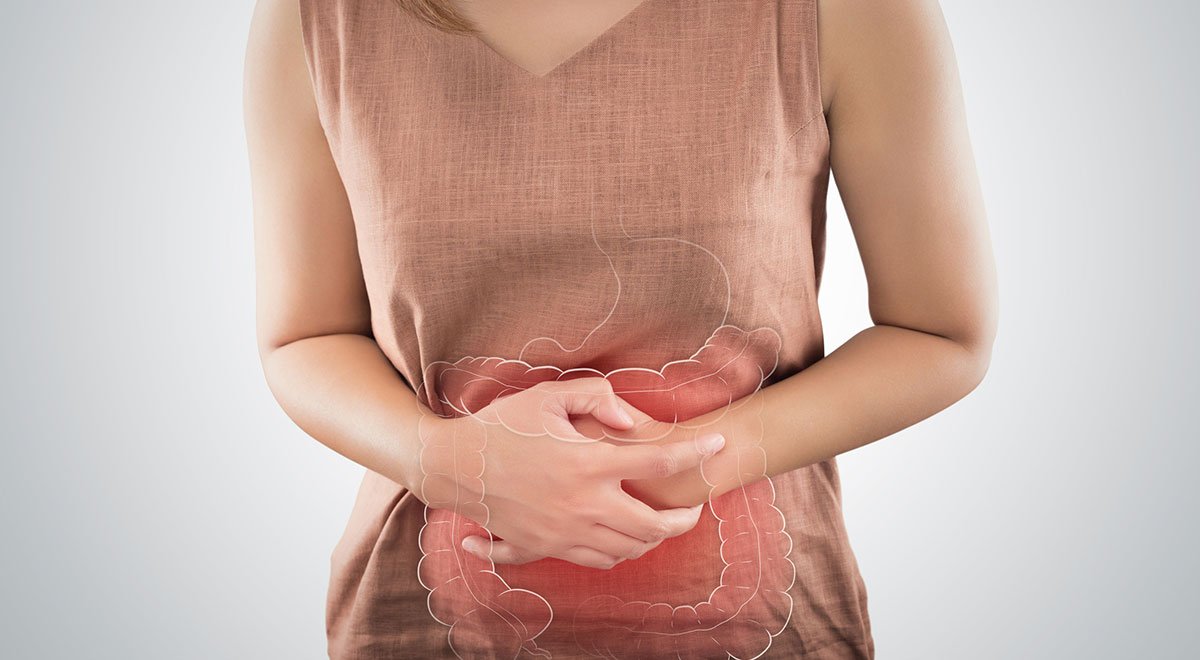Irritable Bowel Syndrome (IBS) is a serious condition that, while not necessarily being life-threatening, can seriously reduce one’s quality of life. Although it can happen to almost anyone, those who are women under fifty and/or have undergone hormone replacement therapy and suffer from stress or anxiety issues are the most likely to suffer from IBS.
Until now, the link between food allergies or factors such as gluten or lactose intolerance has not been definitely established, although it is known that certain foods can trigger IBS symptoms. However, a recent meta-analysis published this month in the European Journal of Clinical Nutrition indicates a causal relationship between IBS and Vitamin D deficiency.
Researchers from the University of Sheffield note that Vitamin D deficiency has been noted in patients with colorectal cancer and that other studies have suggested a link between low levels of Vitamin D and IBS. To date, four observational studies and three randomized clinical studies have been published, all of which have shown that a significant number of patients with IBS had low levels of Vitamin D. In addition, IBS patients who participated in two interventional studies demonstrated marked improvement in their symptoms after receiving treatment with Vitamin D supplements.
This could have implications for IBS patients who have been undergoing treatment with prescription drugs such as Lotronex (alosetron), Xifaxan (rifaximin) and Viberzi (eluxadoline). All three of these medications pose the risk of potentially serious, and even fatal side effects. FDA approval for Lotronex was revoked in 2000 over concerns of severe, life-threatening constipation and ischemic colitis (impaired blood flow to the intestinal tract). It was reinstated in 2002, but is prescribed only for women patients in rare situations.
Xifaxan is an antibiotic that targets gut bacteria thought to cause IBS and is effective in relieving symptoms. However, it can result in cirrhosis of the liver if the patient is not closely monitored. Viberzi, an opioid drug, recently gained notoriety after it was revealed that it caused severe pancreatitis in patients who had their gall bladders removed – something the manufacturer either knew or should have been aware of, based on medical evidence going back 75 years.
While the exact causes of IBS are still unknown, medical research indicates that factors including muscular spasms in the intestines, nerve dysfunction, inflammatory or auto-immune disorders and changes in gut flora all play a role. That last factor is significant; digestive health depends upon the presence of beneficial bacteria in the intestinal tract such as lactobacillus acidophilus, bifidobacterium bifidum and streptococcus thermophilus, all of which can be found in yogurt containing live and active cultures.
Dairy foods are also an important source of Vitamin D, but this can be problematic for people suffering from lactose intolerance. The authors of the British meta-analysis warn that their findings are not conclusive, due to the small amount of currently available data. However, the data that has been published so far indicates that IBS patients may benefit from the therapeutic use of Vitamin D supplements.

